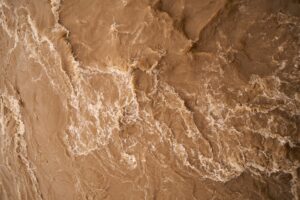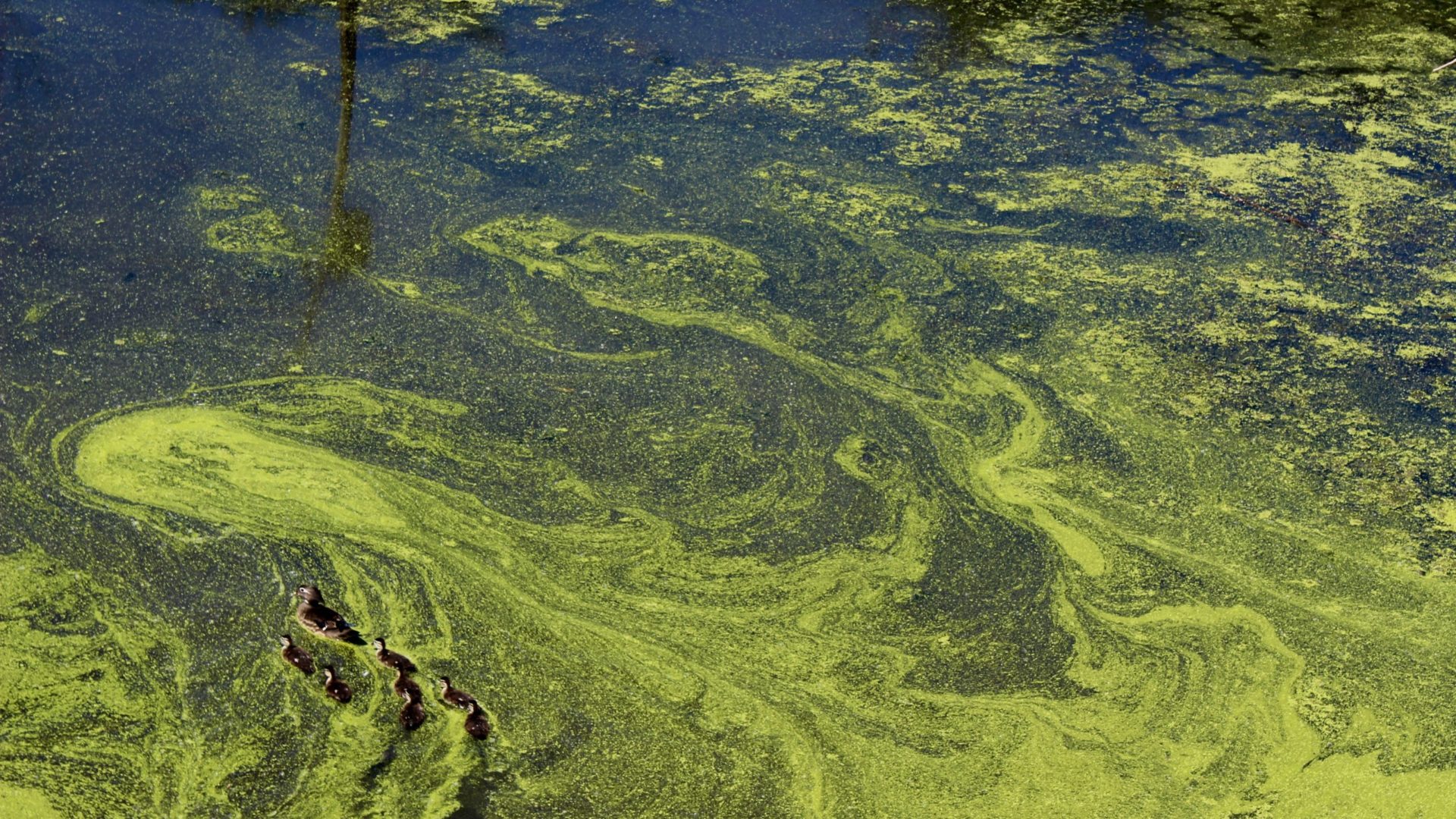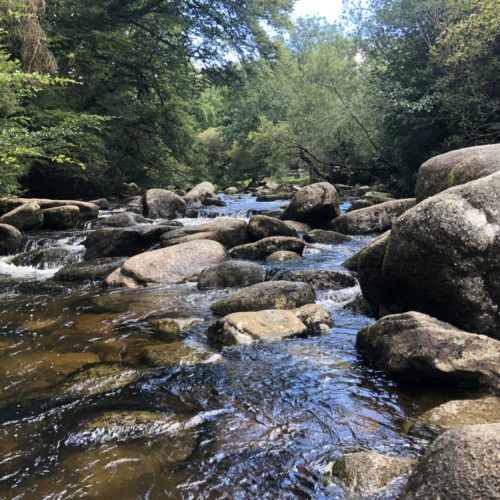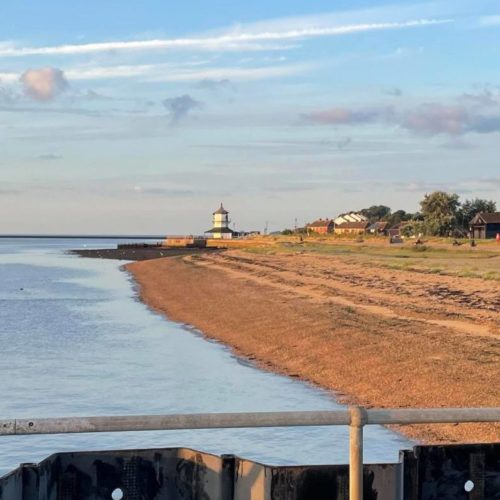The water quality of UK rivers and other waterbodies is protected from pollution and over abstraction by a consenting system under the Water Framework Directive (WFD) for which the Environment Agency (EA) is the regulator.
Water companies and other significant water users are required to undertake regular water quality monitoring in rivers to ensure compliance with their discharge and abstraction consents.
A number of waterbodies in the UK which receive protection under Habitats and Species Regulations 2018 are now considered to contain excessive nutrients (nitrates and phosphates) as a result of sewage discharges. Excessive nutrients lead to a process called eutrophication which causes algal blooms and leads to a degradation in water quality. Developers with planning applications in catchments which drain into these catchments are now required to determine whether their development will result in a net increase in nutrients and propose specific mitigation to offset and increases.
What we do
Thomson’s water team are experienced in the collection of water quality samples using EA approved methods and work with a range of UKAS accredited commercial laboratories to undertake the analysis of water to the appropriate limits of detection. An analysis of the resulting laboratory data is undertaken against the appropriate thresholds or Environmental Quality Standards (EQS) and through reviews of relevant scientific literature.
We provide field teams to support water company clients with their long-term water quality monitoring programmes and support developers and other clients by undertaking one off or short-term sampling. Advice on remediation measures is also provided in response to accidental pollution incidents.
We undertake nutrient neutrality assessments for clients with planning applications in catchments where waste water will be discharged to a waterbody deemed by Natural England to be eutrophic.
We also offer freshwater ecological surveys and water quality monitoring that is designed to assess the effectiveness of implemented remediation measures and provide evidence of ongoing ecological enhancement.
To discuss your requirements or to find out more about the aquatic pollution services that we offer, please contact us today.

















